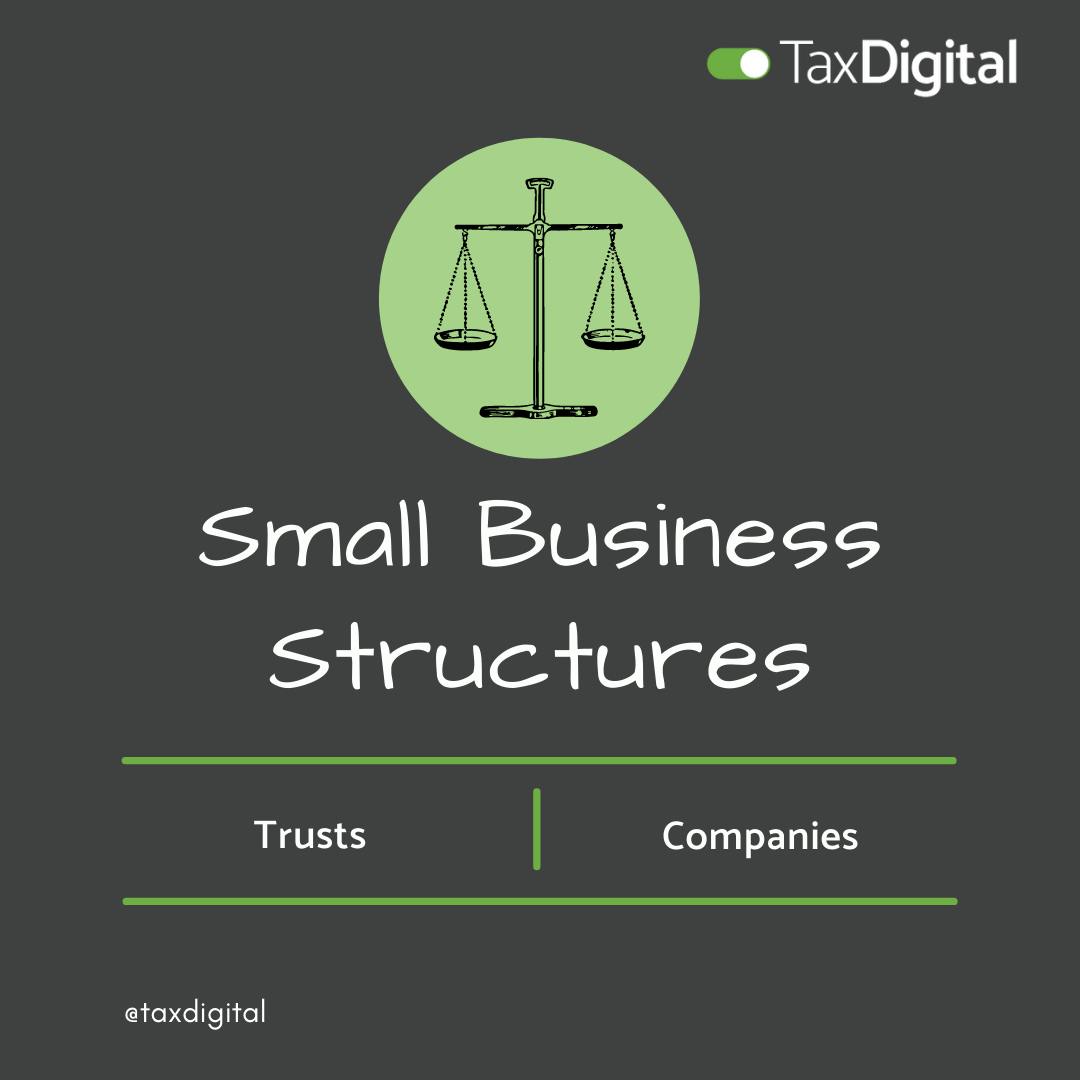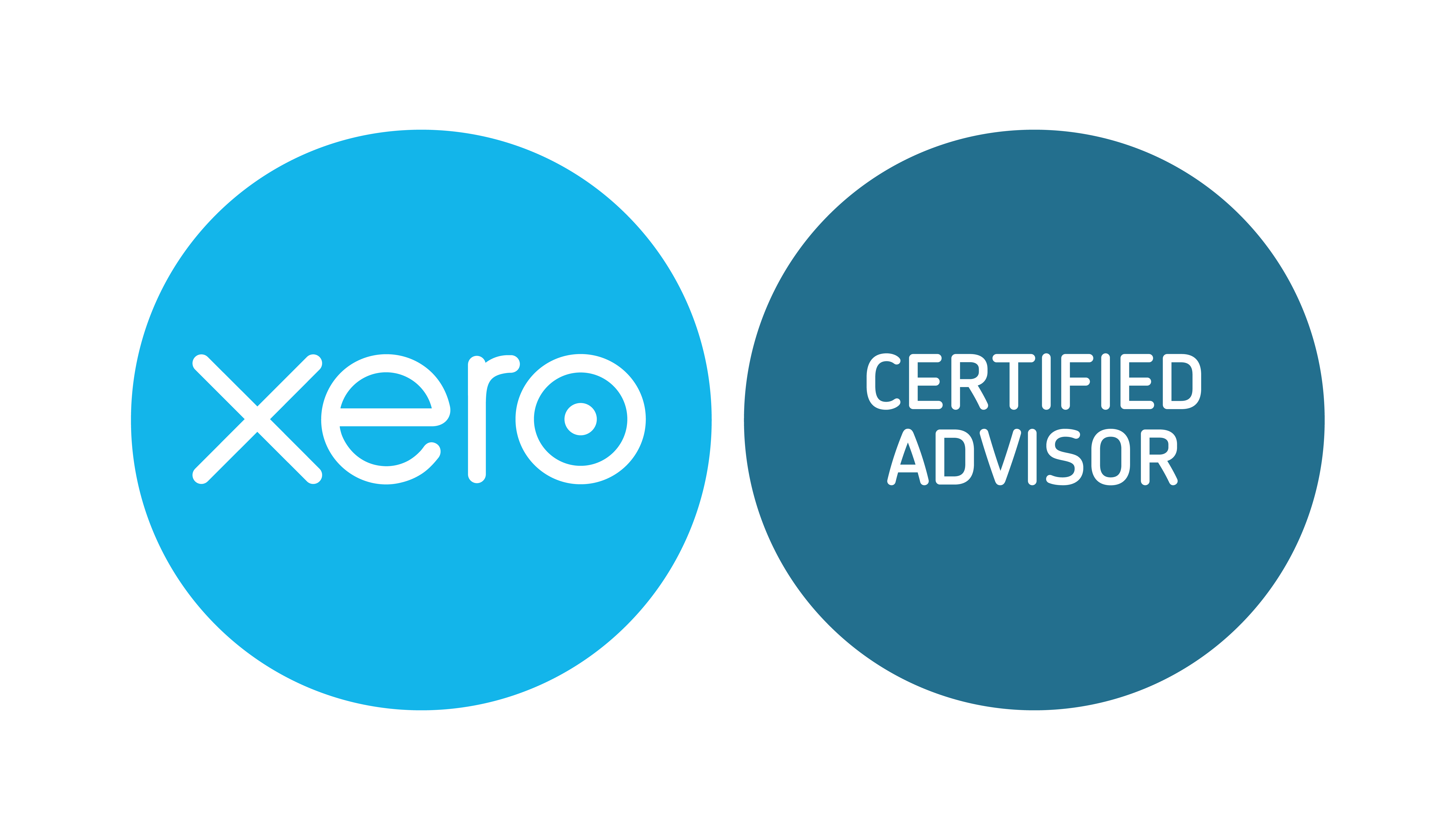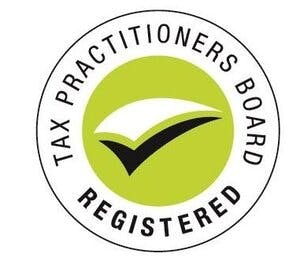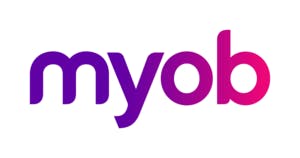Small Business Structures: Trust vs Company

By Travis Bacon
January 23, 2022

Choosing a business structure can be a daunting task, and trust me, it is something that you want to get right in the first place. Setting up your business in the correct structure can set you up for long term success. Ultimately you can operate your business out of a myriad of structures. However, this article will outline the differences between a trust and a company.
Trusts
A Trust is best described as a relationship between the trustee and the beneficiaries, which is outlined in a trust deed.
There are two different types of trusts:
- Discretionary Trust - The trustee can choose what income or capital can be distributed to which beneficiary
- Unit trust - The trustee has no choice over the distribution of the income or capital of the trust. Instead, beneficiaries can purchase "units", similar to how a shareholder can buy shares in a company.
Advantages of a Trust
Cheaper to establish
Eligible for the 50% general CGT discount
In a discretionary trust, the trustee can distribute income at their discretion (i.e. use family members to reduce overall tax positions)
Disadvantages of a Trust
Complex distribution rules and annual distribution requirements (we talk about these In our Small Business Tax Planning blog!)
Losses can't be distributed and are trapped in the trust
Trustees are personally liable for all debts of the trust (Hint: add a trustee company to enact limited liability)
Companies
A company is a separate legal entity controlled by the shareholders and operated by managers/directors.
Advantages of a Company
Separate legal entity and limited liability to directors
Ability to sell and transfer shares rather than selling the business (Talk to us today about the tax impacts of selling shares vs selling a business)
Caped tax rate (currently 25% for base rate entities)
Easier annual maintenance compared to a Trust
Disadvantages of a Company
More costly to set up and ongoing annual ASIC fees
No access to 50% general CGT discount
When to use what entity?
Below is a quick outline of some basic principles to help you choose an entity structure. Note that these principles are general rules of thumb and do not apply to all situations.
Company - Often a choice for operating businesses where your business has increased risk/liability to the owners, and there are no CGT assets being held
Discretionary Trust - Chosen when the entity's primary purpose is to hold CGT assets with low risks, such as commercial properties, shares in companies, etc.
Unit Trust - Chosen when the entity's primary purpose is the same as a discretionary trust, but the parties require strict distribution and income splitting. (I.e. various parties each contribute a set amount of money to the purchase of the assets)
Do you have a combination of business and investment? Well, it's a good thing you can combine entities and choose a structure that works for you.
How can TaxDigital help?
At TaxDigital, we assist small businesses set up their businesses correctly to ensure the best short term and long term outcomes. We do that by having a structuring session with you. That session would include analysing your business needs, your overall goals and a review of your current risks. We can then handle the set-up of your entities within a few short days. If you would like some personalised advice or assistance, feel free to reach out to us on 0407 438 849 or contact@taxdigital.com.au.
This is general advice only and does not take into account your financial circumstances, needs and objectives. Before making any decision based on this document, you should assess your own circumstances or seek personalised tax advice from us at TaxDigital. Information is current at the date of issue and may change.
Recent publications
Get the latest industry and tax information from our small business blog.






